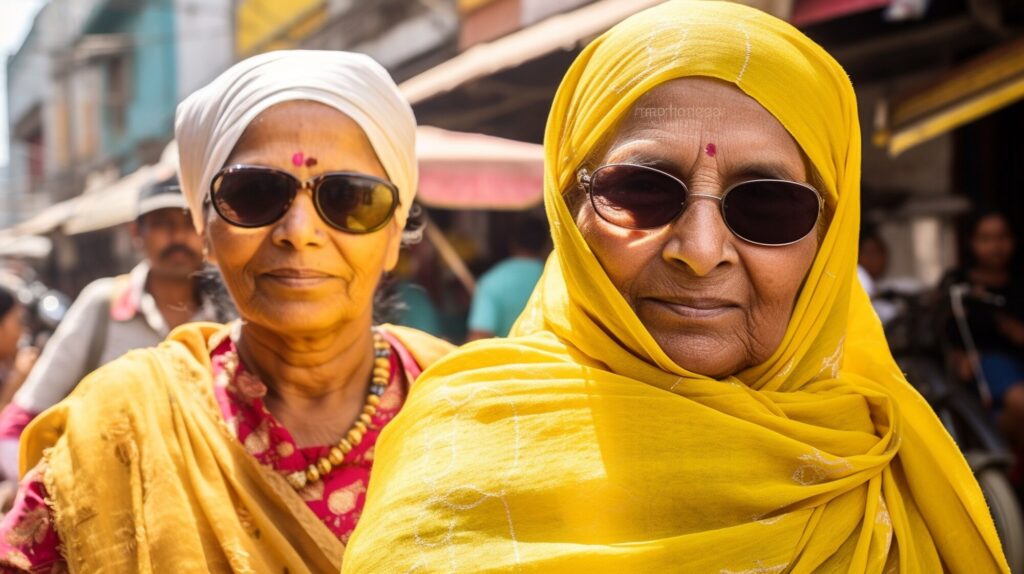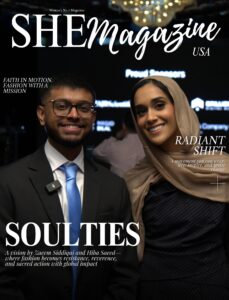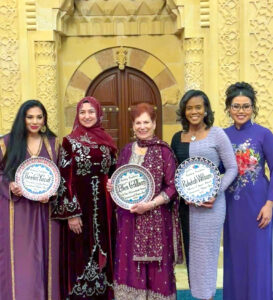Across various cultures around the globe, there’s a pervasive, yet peculiar custom of addressing women with older children as ‘aunties.’ This may initially seem harmless, a mere nod to women who are seen as mature, seasoned, or experienced. But scratch beneath the surface, and one uncovers a subtle yet undeniable disregard for personal identities, preferences, and boundaries.
To some, a title like ‘auntie’ may just be an innocent acknowledgement of age or wisdom- a battle scar of sorts that signifies the journey through the maze of life and motherhood, most have even had kids in their teens. To others, however, it’s a red flag indicating coerced respect, imposed roles, and stripped individuality. Akin to saying, “I delineate you by your biological capability and your age,” such language silently but significantly erodes the personal identity of women who have so much more to offer than just their motherly wisdom.
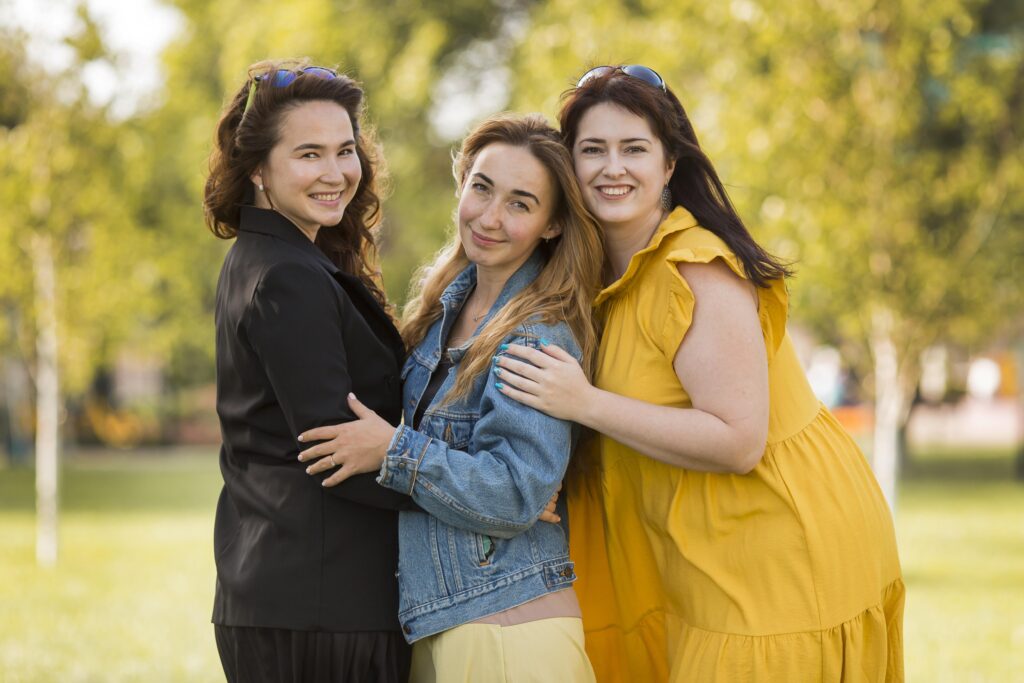
The practice of bestowing unbidden titles isn’t confined to any one culture. It is virtually a universal phenomenon, embedded in social etiquette and norms over many generations. In some societies, it may even be considered a slight or a sign of disrespect to address someone older without any honorific. But the critical question to ask is: at what cost does society maintain these customs?
As the saying from the brand ‘not calling grown women aunties’ goes, “I ain’t your aunty!” This brilliantly concise quote encapsulates the frustration and ire of countless women who have been hastily labeled, categorized, and relegated into the ‘auntie’ box. They demand their right to own their identity; they refuse to be boxed; they won’t be shrunk into a stereotypical body of everyone’s ‘auntie.’
Sure, social norms and traditions play a vital role in shaping a culture. It helps to understand the context, the good intentions behind certain customs, and the significance they hold for people. However, it is equally important to remember that just as societies evolve, so too should societal norms. Respects for individuals- their feelings, their identities, and their stated preferences should always take precedence.
What is needed here is a healthy balance, a middle ground that respects social norms while also allowing individuals their personal space, the autonomy of their identities. Addressing someone as ‘auntie’ or ‘uncle’ could indeed be a sign of respect for them. Still, if it feels uncomfortable or bothersome, it is essential for the other party also to recognize and respect that person’s preferences. Mutual respect and understanding are key.
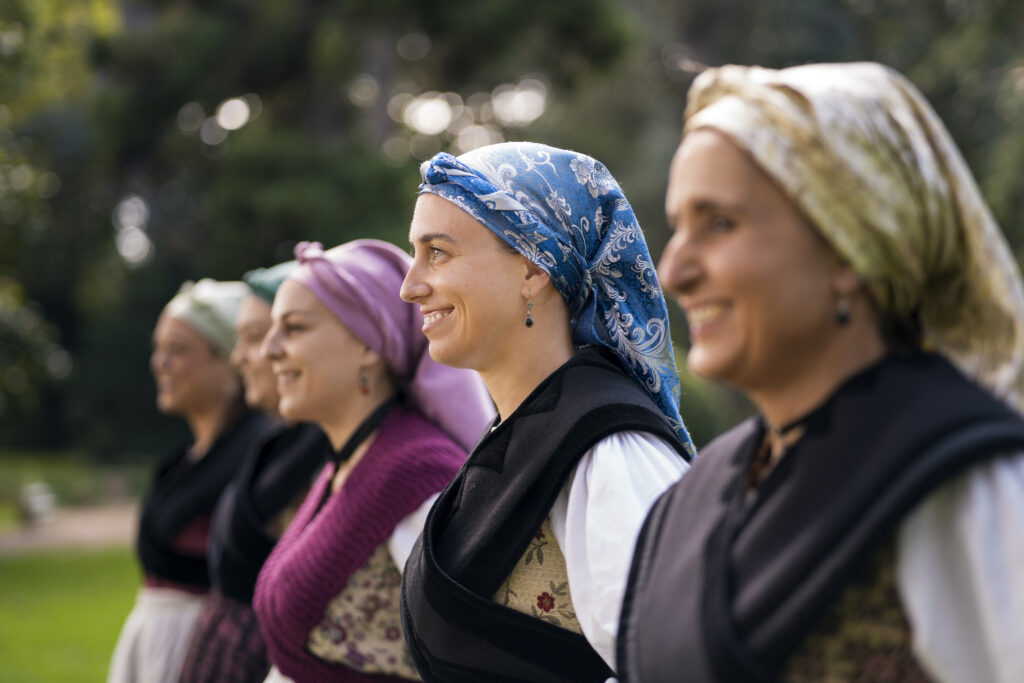
Fortunately, these issues are being brought to light more and more every day, with platforms like She Magazine USA continually leading discussions and debates about these subtle, ingrained prejudices that women face daily. They echo the sentiment that it’s high time we stopped defining women by their age or their children’s age and start acknowledging them as individuals in their own right, with their unique personalities, strengths, and identities.
Through these discussions, we hope to foster a society where everyone is treated with respect and kindness, and no one is unwillingly thrust into roles or laden with titles they do not desire. We must remember that everyone, regardless of age or gender, deserves to be called by the name they prefer.
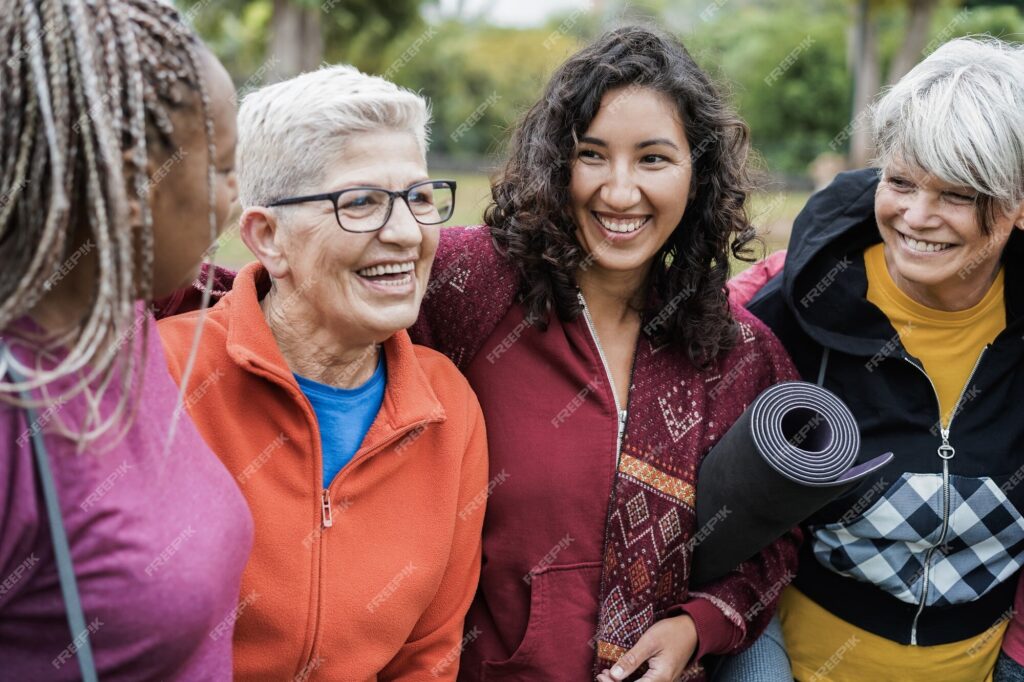
Therefore, the next time you’re about to call someone ‘auntie’, take a moment to consider whether that’s something she would appreciate or if it’s just a convenient stereotype you’re resorting to. Instead, perhaps try simply calling her by her name. Our words are a powerful tool. They can uphold stereotypes or dismantle them. They can restrict identities or celebrate them.

So, let’s choose respect, understanding, and most importantly, let’s choose to see individuals for who they are, not the roles we expect them to fit into. After all, she’s not just an ‘auntie.’ She’s a person with a name, a story, a life, and importantly, her own identity.
And remember – if you’re a grown man or woman, don’t call another grown man or woman auntie or uncle unless they ask you to. Let’s respect the boundaries and create an equitable society where no one’s identity is implicitly reduced to their relational role in someone else’s life.
Beena Yusuf
Editor in Chief
www.shemagazineusa.com
@shemagazineusa


